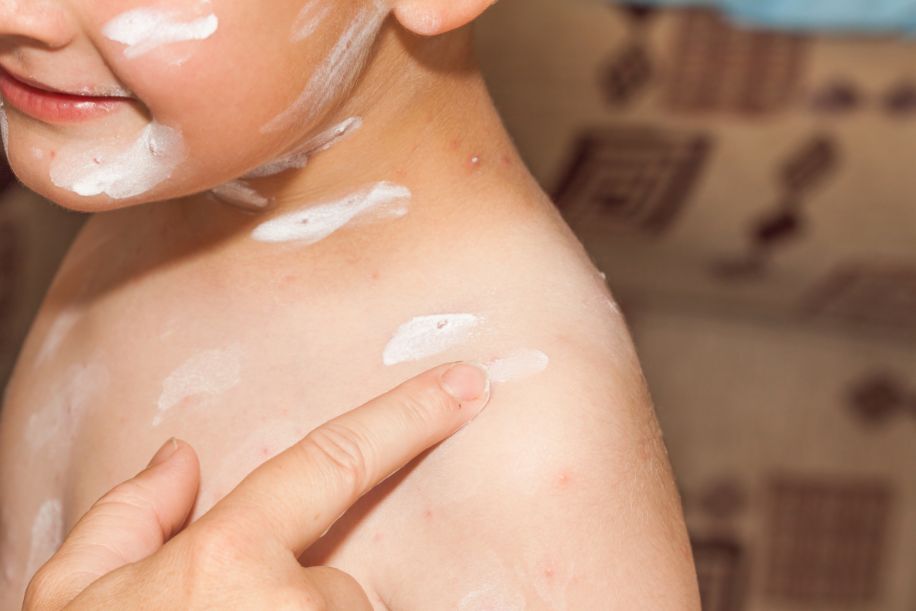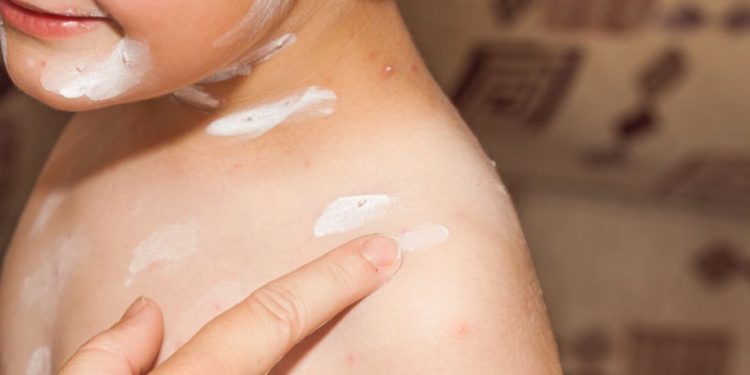Whether you are a parent or a child, you will want to know about the chickenpox symptoms and how they affect the body. This viral infection is a common ailment in children and adults. If you are suffering from chickenpox, you may experience a rash, fever, headache, tiredness, and a runny nose. It can be treated at home or in the hospital.
The rash of chickenpox is a red, itchy rash that develops from tiny red dots on the skin. The rash eventually develops into small blisters filled with fluid. After three to four days, these blisters begin to dry, or scab, and the skin becomes rough and dry. The scab falls off naturally after a few weeks. Using a moisturizing lotion can help reduce the itching. You can also apply a topical ointment to the affected areas. You can also try cooling gels to ease the pain and fever.
If you or your child are experiencing any of the above symptoms, call your doctor immediately. A doctor can make the diagnosis by performing a physical exam and blood tests. He or she can also advise you on what medicine to use to relieve the itching and pain. You may also be prescribed antiviral drugs to reduce the severity of the infection. These drugs can help reduce the chances of developing pneumonia and other complications.

Complications from chickenpox may include encephalitis, which causes inflammation of the brain. It may cause confusion, sleepiness, and behavior changes. In severe cases, it may lead to pneumonia and death. In addition, the bacteria from the chickenpox sores can cause pneumonia. This is why pregnant women and babies under four weeks of age should also seek medical attention. You should also take special care to prevent the spread of the virus to others. You should wash your hands and any infected clothing and surfaces with a sterile solution. You should also keep the affected area cool and dry.
Children who have poor immune systems are more likely to develop complications from chickenpox. The virus can also be passed to newborn babies, especially if the mother contracted chickenpox during pregnancy. Babies born to mothers who are infected with chickenpox are more likely to develop complications and have low birth weight. They also have an increased risk of developing limb abnormalities.
During pregnancy, your doctor may prescribe antiviral medication to prevent complications. You may also be prescribed medication to help relieve the pain of itching and fever. You should not give antiviral medication to children under one month old. If your child has been diagnosed with chickenpox, you should consult with your doctor about the risks and benefits of antiviral medication.
If your child has chickenpox, your doctor may also recommend antihistamine medicine to help reduce the itching. You should also make sure your child drinks plenty of fluids. You can also apply a calamine lotion to the affected areas to help relieve the itching. You can also soak a gauze pad in bicarbonate of soda and water to ease the itching.









